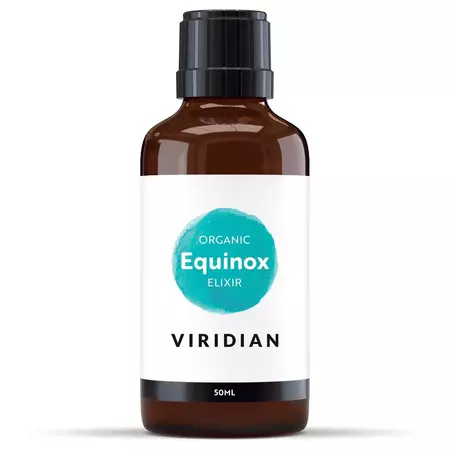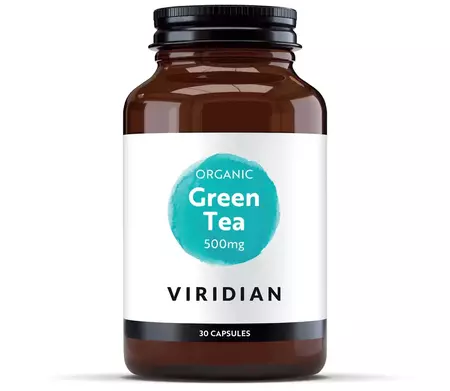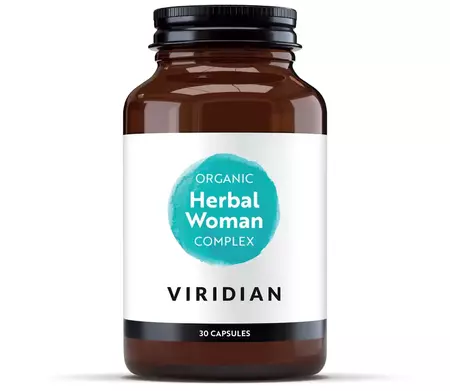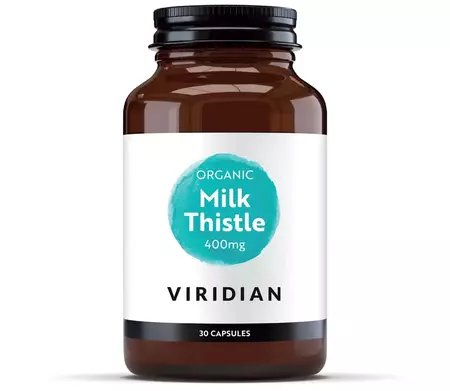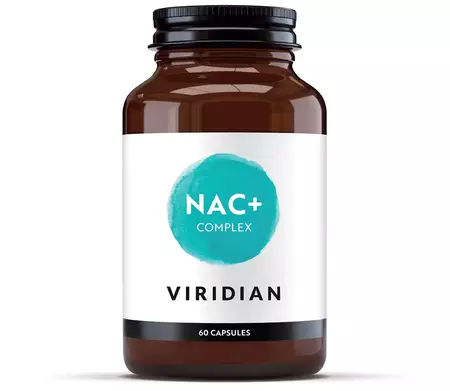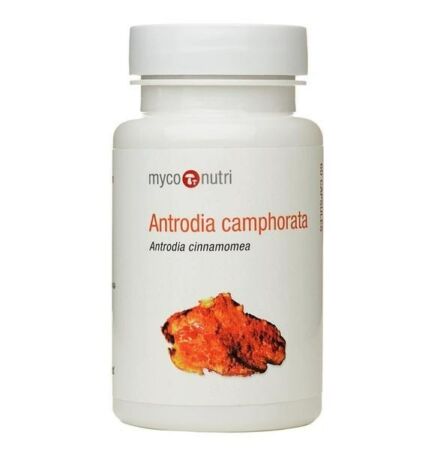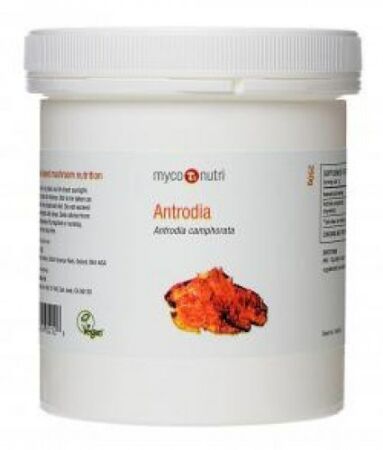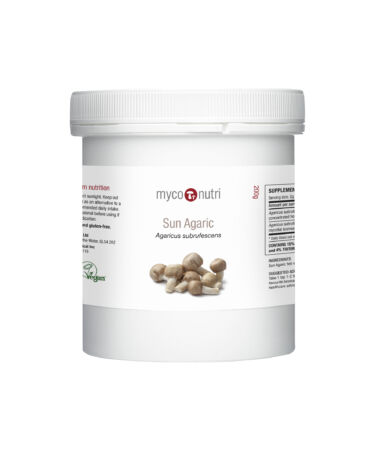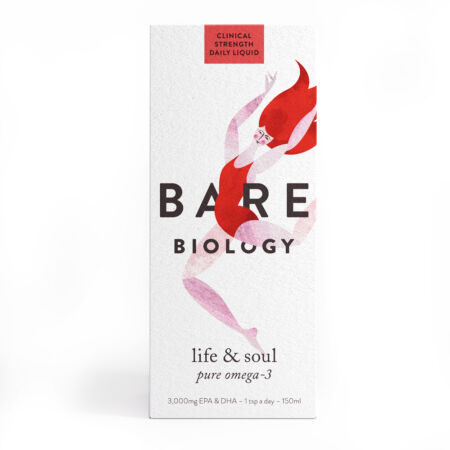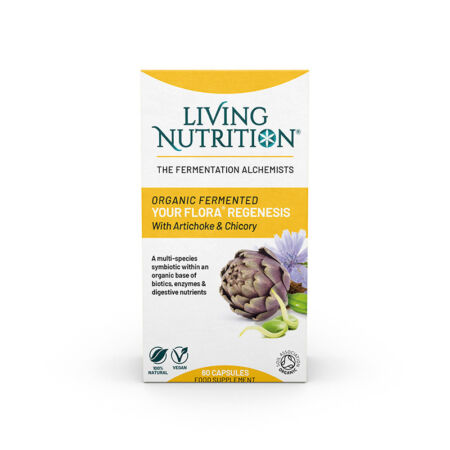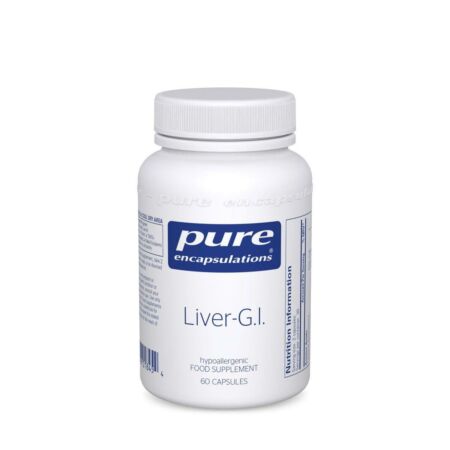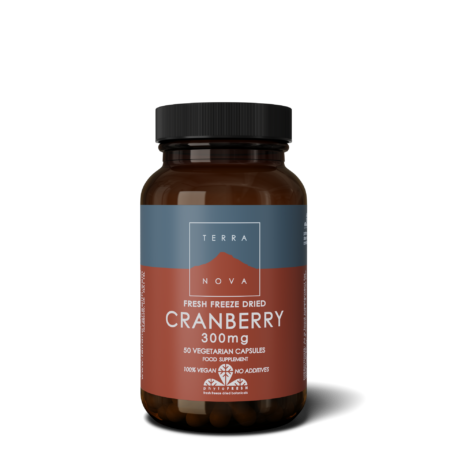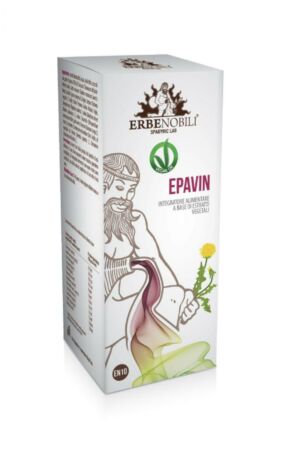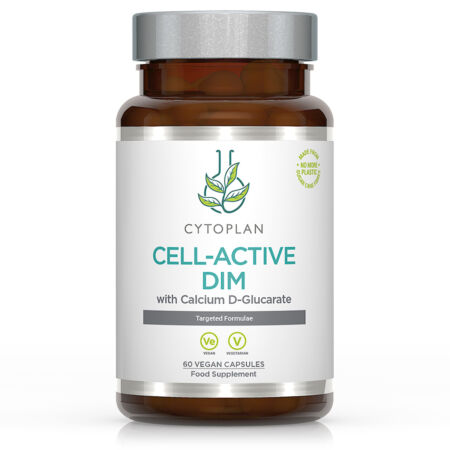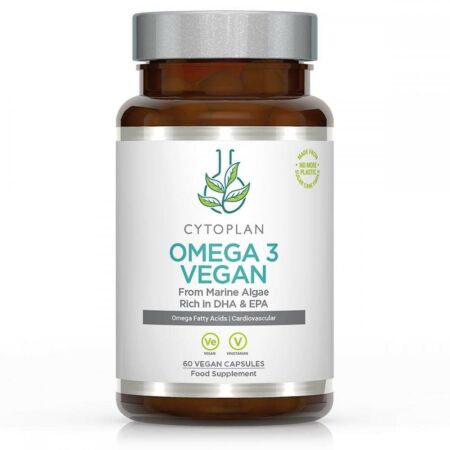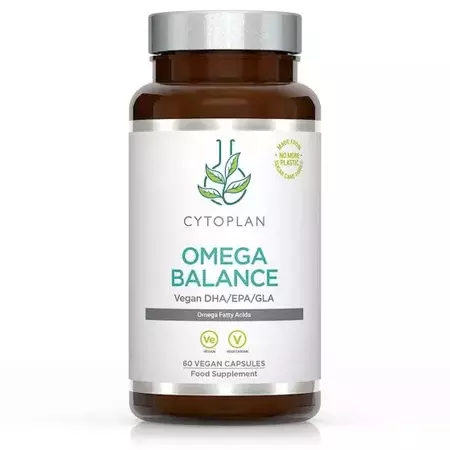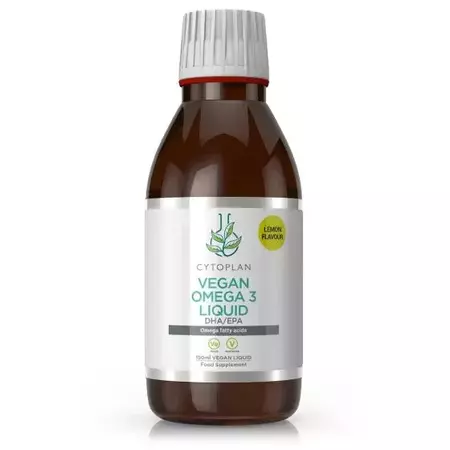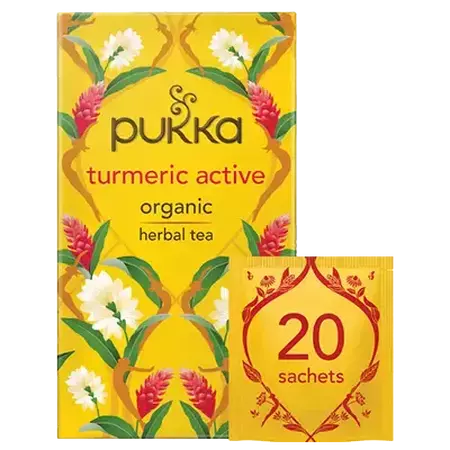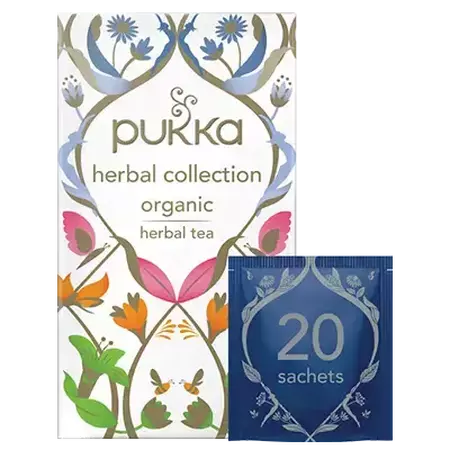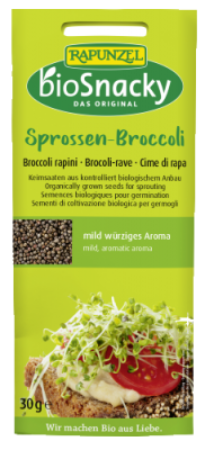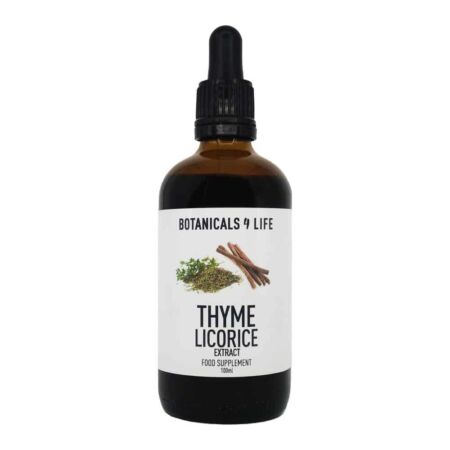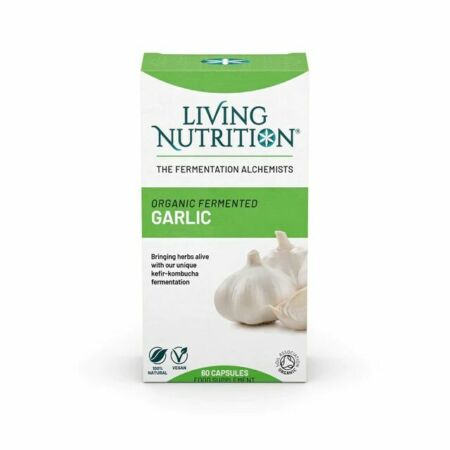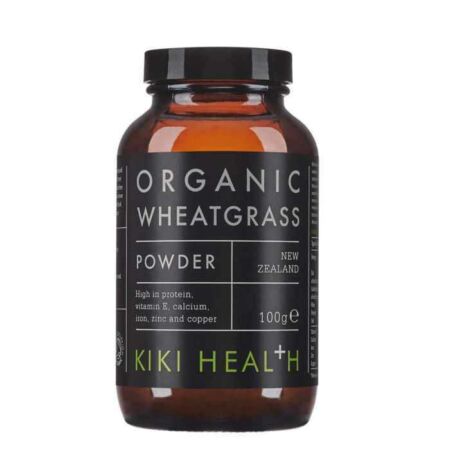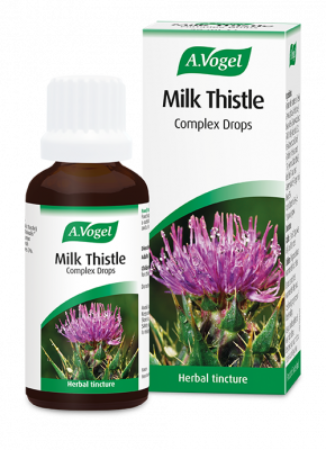The liver plays a crucial role in the body's metabolism, detoxification, and immune system. Read our advice on the best foods and supplements for a healthy liver, therapy approved by our nutritional therapists in Wilmslow, Cheshire
What is liver support in naturopathic health?
Liver support in naturopathic health involves the use of natural methods and lifestyle changes to enhance the liver's optimal functioning. The liver plays a crucial role in the body's metabolism, detoxification, and immune system. Naturopathic liver support may include dietary adjustments, herbal remedies, nutritional supplements, exercise, and stress management techniques.
It's important to note that while naturopathic approaches to liver support can be helpful, they are not a replacement for medical care. If you have liver problems or concerns about your liver health, it's essential to seek advice from a qualified naturopathic practitioner or nutritional therapist.
What does the liver do?
Once food is digested in the stomach and intestines, it enters the bloodstream and is eventually filtered by the liver. As part of this process, the liver breaks down fat for energy and produces bile to aid in the absorption of fat.
The liver also breaks down toxins like alcohol, medications, and natural by-products of the body processes of metabolism. Keeping your liver working optimally is vital for maintaining great overall health.
As well as being the main organ responsible detoxification processes, the liver also produces important substances in the body such as proteins, cholesterol, and bile to storing vitamins, minerals, and even carbohydrates.
What can harm our liver health?
There are many factors and conditions which can harm the health of the liver as it is a complex organ, responsible for many pathways of detoxification.
Excessive alcohol consumption, viral hepatitis, non-alcoholic fatty liver disease, certain medications and supplements, exposure to toxins, autoimmune diseases, and inherited conditions can all harm our liver health[i].
Our liver can also simply be harmed by following an unhealthful lifestyle, such as: lack of exercise and poor diet. According to traditional alternative medical practices such as traditional Chinese Medicine, even unaddressed emotions and trauma can affect the health of our liver. The most well-known lifestyle factor to affect the liver is excessive alcohol intake. Alcohol abuse can cause inflammation and scarring of the liver, while viral hepatitis can cause inflammation and damage. Non-alcoholic fatty liver disease is associated with obesity and metabolic syndrome, and certain medications, misuse of supplements, and toxins can cause liver damage. Autoimmune diseases can also cause inflammation and damage to the liver, while inherited conditions like hemochromatosis and Wilson's disease can also affect liver health[ii].
The role of diet in liver health:
Diet plays a major role in the maintenance of liver health. Many compounds found in foods have been proven to improve the function of the liver via their actions on liver enzymes, which are key to helping the liver detoxify substances. These healthy compounds in food can also protect against fat build up in the liver, whilst decreasing inflammation and oxidative stress.
Oxidative stress happens when there are too many harmful molecules called free radicals and not enough natural defences to protect the body. This can damage cells and cause inflammation, aging, and disease. It can be caused by pollution, smoking, poor diet, and other factors. Inflammation can also be an issue for the liver as, when the liver is inflamed or damaged, its function can be affected.
What are the some of the best foods for liver health?
Cruciferous Vegetables: Cruciferous vegetables are a type of vegetable that are known for their high fibre content and unique taste, and they also contain beneficial plant compounds. Examples of cruciferous vegetables include broccoli, Brussels sprouts, cabbage, kale, and cauliflower. Studies have shown that these vegetables contain compounds that can alter the detoxification process in the body and protect against harmful compounds. Cruciferous vegetables appear to be a promising food for supporting liver health[iii] [iv]. Try sprouting: From Broccoli seeds
Olive Oil: Olive oil is known for its health benefits, as it is considered a healthy fat that has positive effects on heart and metabolic health. Additionally, research has shown that olive oil can also have positive effects on liver health. Studies have found that following a Mediterranean diet rich in olive oil may reduce the risk of fatty liver in older adults[v][vi][vii].
Berries: Anthocyanins are antioxidants that provide berries with their characteristic colours. Blueberries and cranberries are rich in anthocyanins and have been associated with numerous health benefits. Animal studies have shown that whole blueberries and cranberries, as well as their extracts or juices, can promote liver health. Furthermore, a human study found that taking a cranberry supplement for six months improved fatty liver in people with NAFLD. Consuming these berries regularly can ensure that the liver receives the necessary antioxidants to stay healthy[viii] [ix]. Try Cranberry Capsules - Organic.
Oily Fish / Foods High In Omega 3: Omega-3 fatty acids found in fatty fish are beneficial for liver health as they help reduce inflammation and lower the risk of heart disease. Studies suggest that a diet rich in omega-3s can lower liver fat and triglycerides in those with non-alcoholic fatty liver disease. However, the ratio of omega-3s to omega-6s is also crucial. Most people consume excessive omega-6 fats that are found in plant oils and butter, and a high omega-6 to omega-3 ratio can promote liver disease. Therefore, besides adding omega-3s to your diet, reducing the intake of omega-6 fats that cause inflammation can also be helpful for liver health [x][xi][xii]. Try Omega 3:Omega 3 Vegan (60 Caps) or Life & Soul Omega 3 Fish Oil Liquid (150ml)
Popular liver support supplements include:
Milk thistle - Try: Milk Thistle
Artichoke leaf - Try: Herbal Female Complex - Organic
Dandelion root - Try: Dandelion Tincture - Organic (50ml)
Turmeric - Try: Wholistic Turmeric
Liquorice root - Try: Thyme And Liquorice Extract (100ML)
Green Tea - Try: Green Tea 500mg
Garlic - Try: Organic Fermented Garlic
These herbs are believed to have antioxidant properties and may help protect the liver from damage or support its function.
Milk Thistle:
For over two millennia, milk thistle has been used to treat liver ailments. Milk thistle's active component, silymarin, is a combination of various natural plant chemicals. Laboratory studies indicate that silymarin has antioxidant properties that can regenerate liver tissue, decrease inflammation, and safeguard liver cells from damage. Although milk thistle appears to be safe, some people have reported gastrointestinal symptoms or allergic reactions, consult with your doctor or prescriber if this is the case. Since milk thistle can lower blood sugar levels, individuals with diabetes should consult with their doctor before taking it[xiii] [xiv].
Artichoke Leaf:
Artichoke leaf possesses antioxidant properties and has been found to potentially protect the liver. Artichoke leaf extract may protect your liver from damage and promote the growth of new tissue[xv][xvi][xvii].
It also increases the production of bile, which helps remove harmful toxins from your liver[xviii].
Dandelion:
Dandelion extract may have a protective effect against liver damage and disease. Animal studies have also indicated that dandelion extract may help reduce levels of excess fat stored in the liver and protect against oxidative stress[xix][xx].
Turmeric:
Turmeric's antioxidant properties have been found to be potent enough to shield the liver from harm caused by toxins. This feature is particularly advantageous for those who are taking potent medications for diabetes or other illnesses, which may lead to liver damage with prolonged usage[xxi][xxii].
Liquorice root:
Scientific studies have shown that liquorice root has anti-inflammatory, antiviral, and liver-protective effects. Its main active component, glycyrrhizin, is a saponin compound that is commonly used in traditional Chinese and Japanese medicine to treat various health problems, including liver disease. Several studies have indicated that liquorice extract treatment may be beneficial for individuals with specific liver disorders[xxiii].
Green tea:
While not technically an herb, green tea and its main polyphenol compound epigallocatechin-3-gallate (EGCG) is said to make it an effective herbal remedy for liver conditions[xxiv]. In a study of 80 people with non-alcoholic fatty liver disease, supplementing with 500 mg of green tea extract per day for 90 days significantly reduced liver damage markers ALT and AST[xxv].
Garlic:
Garlic is a vegetable that's often used in herbal remedies and contains powerful antioxidant and anti-inflammatory compounds like allicin, alliin, and ajoene, which can support liver health. Studies have shown that taking 800 mg of garlic powder per day for 15 weeks can reduce liver enzyme levels and improve cholesterol and triglyceride levels in people with non-alcoholic fatty liver disease (NAFLD) [xxvi].
Lifestyle suggestions for liver support
Naturopathic practitioners may also suggest lifestyle changes like limiting alcohol and caffeine, avoiding processed foods and sugars, and consuming more fruits and vegetables. Exercise and stress reduction techniques, such as yoga and meditation, can also aid liver health by reducing inflammation and improving overall well-being.
Although there isn't a set exercise regimen to maintain liver health, engaging in regular exercise can have positive impacts on both overall health and liver function according to certain studies. To promote general health 150 minutes of moderate intensity aerobic exercise is recommended every week. However, people with specific health objectives or conditions might need to adjust their exercise regime accordingly. To establish a suitable exercise plan that caters to your individual needs and capabilities, it's essential to consult with a healthcare professional or a certified fitness trainer.
Firstly, alcohol consumption can lead to liver damage, particularly if consumed in large amounts over extended periods. Likewise can also have detrimental effects on liver health. Smoking has been linked to an increased risk of liver cancer, and studies have shown that smoking can cause oxidative stress, leading to damage and inflammation in the liver. Both alcohol and smoking can contribute to the development of nonalcoholic fatty liver disease (NAFLD), a condition where excess fat accumulates in the liver, leading to inflammation and damage.
Therefore, quitting alcohol and smoking can be beneficial for liver health, reducing the risk of liver damage and disease. If you are struggling with alcohol or smoking addiction, seeking professional help can be beneficial for your overall health and well-being.
Functional testing for liver health
Functional testing for liver health is a type of testing that measures different markers and indicators in the body to assess the health of the liver and identify any potential issues or imbalances. This type of testing can provide a comprehensive analysis of the liver's function and can help practitioners create personalized nutrition and lifestyle plans to improve liver health.
Female Hormone Cycle Mapping:
This test can monitor fluctuations in oestrogen and progesterone levels throughout a full female cycle, allowing for the identification of any abnormalities. It is helpful for those with hormonal imbalances, fertility issues, abnormal cycles, hormone-related migraines, mid-cycle spotting, and PCOS. Combining this test with the DUTCH complete hormone panel can provide a more cost-effective analysis. Prior to taking the test, an Initial Nutrition Consultation is required with a Nutritional Therapy team member to assess your needs and provide guidance on a Nutrition Plan. A Follow-Up Nutrition Consultation is then conducted to interpret the test results and provide recommendations based on your clinical presentation and health goals.
Metabolomix Plus and Metabolomix Plus Advanced:
This test assesses your nutritional status comprehensively and includes a finger prick blood sample and a urine sample to provide additional insights into essential and metabolic fatty acids and a nutrient and toxic elements clearance profile. It analyzes individual vitamins, minerals, phytonutrients, and amino acids status, markers for gastrointestinal function, oxidative stress, essential fats status, and nutrient and toxic elements clearance. With an at-home urine sample and finger prick test, you can identify your nutritional needs and work with a Nutritional Therapist to create a personalized plan. The test covers various metabolic areas.



